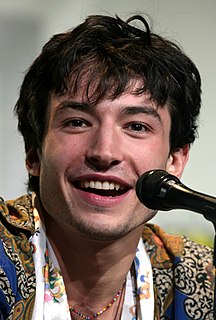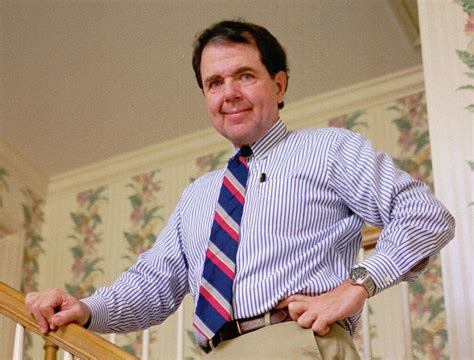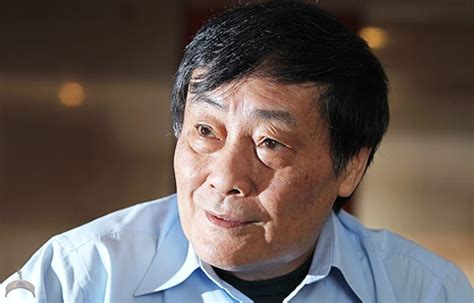A Quote by Paul Craig Roberts
The concentration of U.S. income and wealth in the hands of the very rich is a new development in my lifetime.
Quote Topics
Related Quotes
This is a very important issue that the corporate media chooses not to talk about a whole lot, that we have an economic system which is rigged, which means that at the same time as the middle class of this country is disappearing, almost all of the new income and wealth in America is going to the top 1 percent. You have the top one-tenth of 1 percent owning almost as much wealth as the bottom 90 percent - 58 percent of all new income is going to the top 1 percent.
All of the incessant debate about development assistance, and whether the rich are doing enough to help the poor, actually concerns less than 1% of rich world income. The effort required of the rich is indeed so slight that to do less is to announce brazenly to a large part of the world: 'You count for nothing.' We should not be surprised, then, if in later years the rich reap the whirlwind of that heartless response.
In progressive societies the concentration[of wealth] may reach a point where the strength of number in the many poor rivals the strength of ability in the few rich; then the unstable equilibrium generates a critical situation, which history has diversely met by legislation redistributing wealth or by revolution distributing poverty.


































